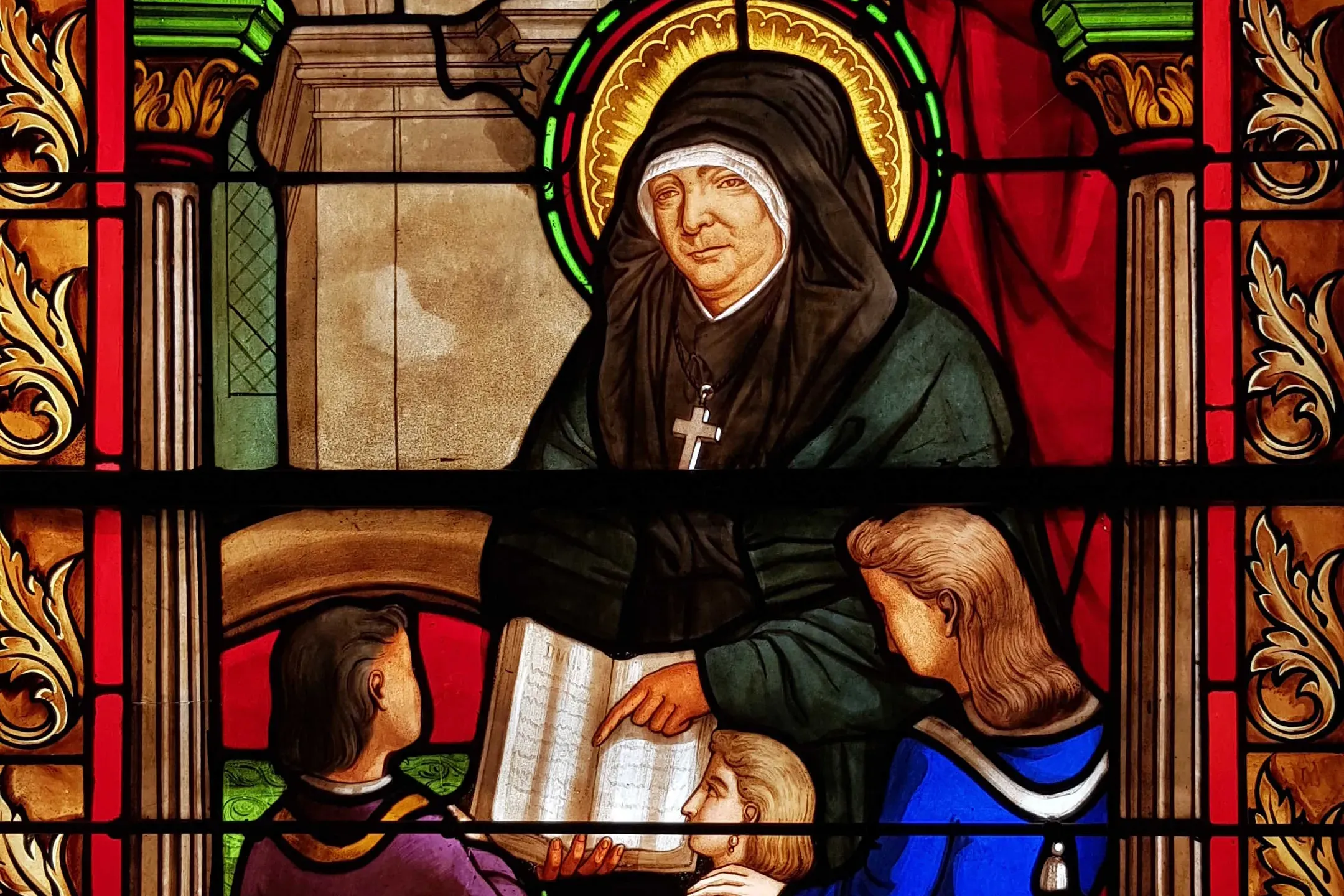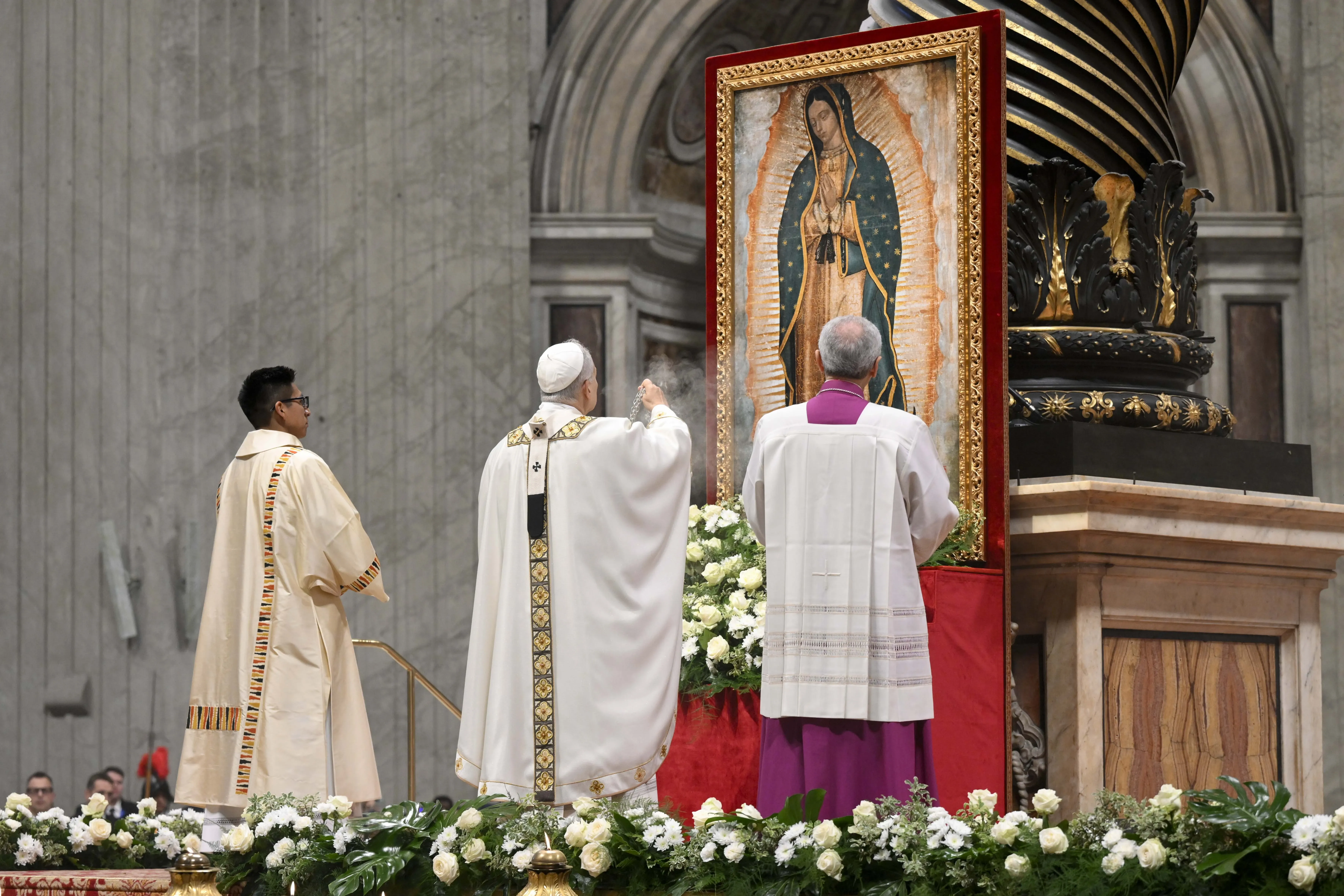The injury impaired her development, causing her joints to swell and her limbs to shrink. Rivier could hardly stand with the help of crutches, according to the Vatican Congregation for the Causes of Saints.
Her health problems also hindered her desire to enter religious life. At the age of 17, a religious order, the Congregation of the Sisters of Notre Dame in Pradelles, turned her away on account of her poor health.
Rivier persevered and the following year she opened a Catholic school in the town of Saint-Julien-en-Genevois on the Swiss border. She helped to train unemployed women in her parish and cared for the sick and the poor.
As the French Revolution forced convents and monasteries across France to close and priests and nuns were martyred under the Reign of Terror, Rivier founded a religious community.
In 1796, she founded the Congregation of the Sisters of the Presentation of Mary, which was dedicated to education of young girls in the faith. The congregation received official approval in 1801 and expanded across France.
Within a few decades of Rivier’s death in 1838, her congregation had spread to Canada and the United States. Today the Sisters of the Presentation of Mary are present on five continents.
At her beatification in 1982, Pope John Paul II spoke of the ardor of Rivier’s apostolate during and after the French Revolution and her faith amid physical infirmity.
“What was the secret of Marie Rivier's zeal? One is struck by her boldness, her tenacity, her contagious joy, her courage,” John Paul II said in his homily.
“Her life shows well the power of faith in a simple and upright soul, which entrusts itself entirely to the grace of its baptism. She trusts God to the end, and he purifies her through the cross. She prays intensely to Mary and, with her, appears before God in an attitude of adoration and offering,” he said.
The date of Rivier’s canonization has yet to be announced.








